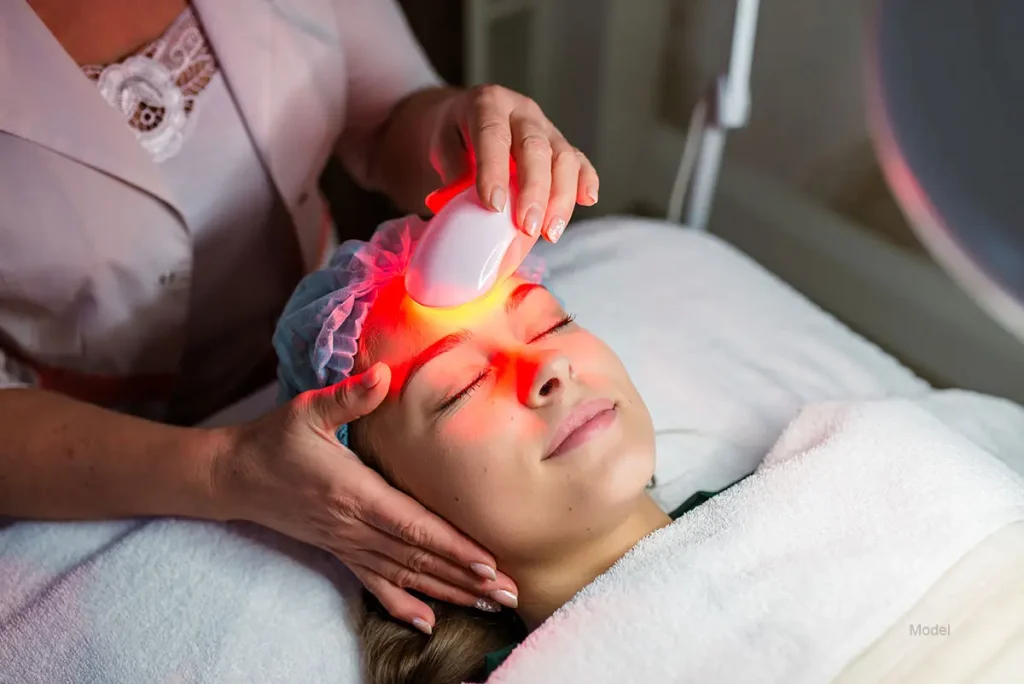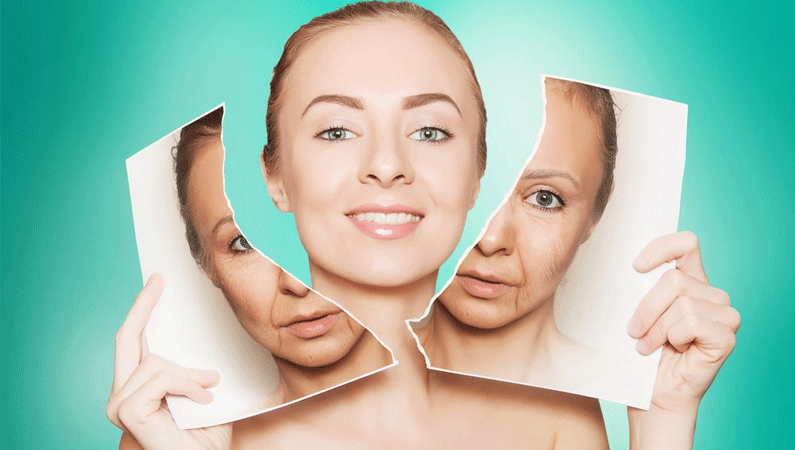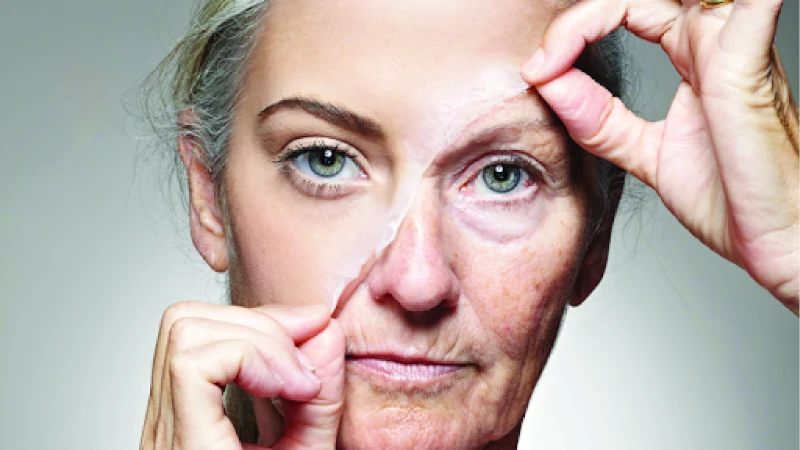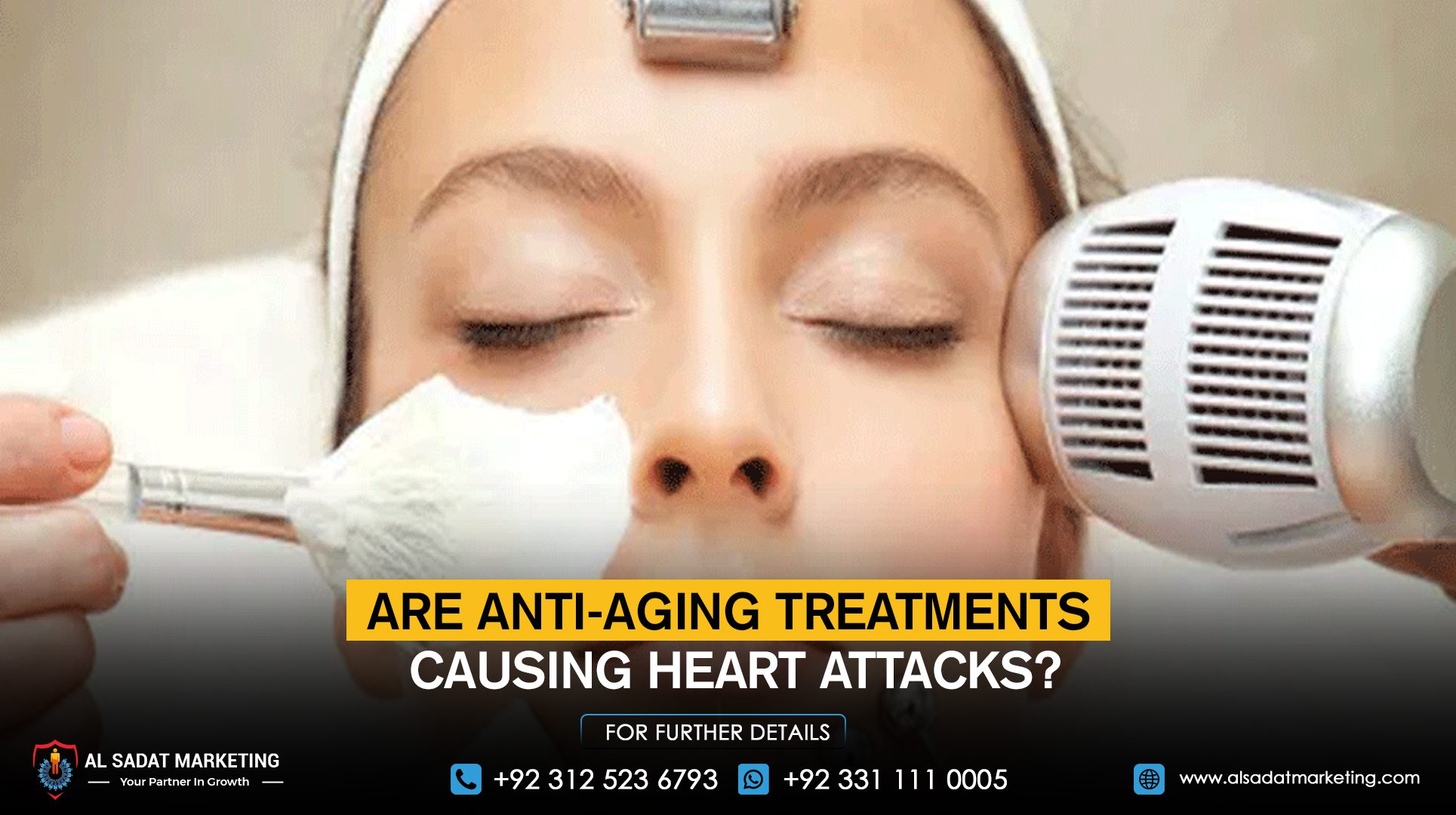Popular South Asian celebrities’ unexpected deaths from suspected heart attacks have generated a lot of conjecture on social media, with many users blaming the tragedies on COVID-19 vaccinations and anti-aging medications.
Although there are no official medical findings to back up these claims, the discussion has rekindled worries about the rapidly expanding and loosely controlled anti-aging market.
Although they advise against making hasty judgments, medical professionals concur that there are serious risks associated with the abuse of cosmetic procedures, especially those involving hormones. Aesthetic procedures are frequently performed without proper medical supervision in nations like Pakistan and India, where they are more popular for their aesthetic appeal than for their therapeutic necessity.
Anti-aging treatments: what are they?
The goal of anti-aging therapy is to restore vitality and lessen the obvious symptoms of ageing. These consist of hormone replacement therapy (HRT), collagen boosters, cosmetic fillers, Botox injections, and over-the-counter remedies. Although they are commonly used by adults between the ages of 35 and 50 to treat wrinkles, sagging skin, or low energy, even younger people are rapidly adopting them as a result of social media beauty standards.

HRT is seen to be the most potentially harmful of all the choices. Off-label use for cosmetic rejuvenation has replaced its original purpose of easing menopausal symptoms. However, changing hormone levels without a doctor’s order or supervision can raise your risk of blood clots, heart attacks, strokes, and several types of cancer.
The need for these treatments has increased dramatically in Pakistan, particularly among middle-class, urban people. Botox, microneedling, and glutathione injections are on the rise, according to local dermatology and cosmetic clinics. Nevertheless, a lot of these operations are carried out without thorough pre-treatment screens or follow-ups.
Experts caution that an increasing number of patients may be at risk for potentially fatal consequences due to the lack of official data and oversight. Many aesthetic clinics operate without a formal licensing structure, and over-the-counter hormone and beauty supplements are freely accessible without a prescription.

The industry is expanding globally.
The global market for anti-aging products was estimated to be over $73 billion in 2024 and is expected to grow to over $121 billion by 2033. Over 14 million non-surgical cosmetic operations were carried out globally in 2020 alone, with Botox accounting for 6.2 million of those procedures.
India’s anti-aging business is expanding quickly, at a rate of 19% per year, thanks to younger, urban consumers between the ages of 25 and 45. These people frequently seek procedures to meet social standards of beauty rather than out of a medical necessity.
Concerns are now being raised by experts over the potential long-term effects of early and recurrent exposure to such cosmetic procedures.
Living a natural lifestyle is still the best “anti-aging” tactic.
Despite the powerful appeal of “youthful transformation,” lifestyle-driven ageing prevention is still recommended by medical experts. The best strategies to maintain physical and mental health continue to include a balanced diet, regular exercise, enough sleep, stress reduction, and abstaining from tobacco and excessive alcohol use.
Physicians advise against using synthetic techniques, such as hormone replacement therapy or injectable enhancements, unless absolutely required by a doctor and after a thorough diagnostic assessment. Additionally, they advise against using such medicines at all for people who already have heart or blood pressure issues.

Awareness among the public
Like many underdeveloped nations, Pakistan does not have a clear regulatory framework to regulate cosmetic and aesthetic operations. Patients frequently lack access to validated information regarding the necessity or safety of these treatments, and many clinics function without the required license.
Self-prescription, in which people buy hormone pills or supplements based on peer recommendations or internet advice, is another emerging trend. Vital organs, including the kidneys, liver, and heart, can sustain significant harm from this unsupervised ingestion.
Experts are advising the public to make educated health decisions in a society that is becoming more and more impacted by unattainable beauty ideals that are promoted by social media and celebrity culture.
They emphasise how crucial it is to recognise that ageing is a normal process and that trying to stop it without considering long-term health might have disastrous results.










